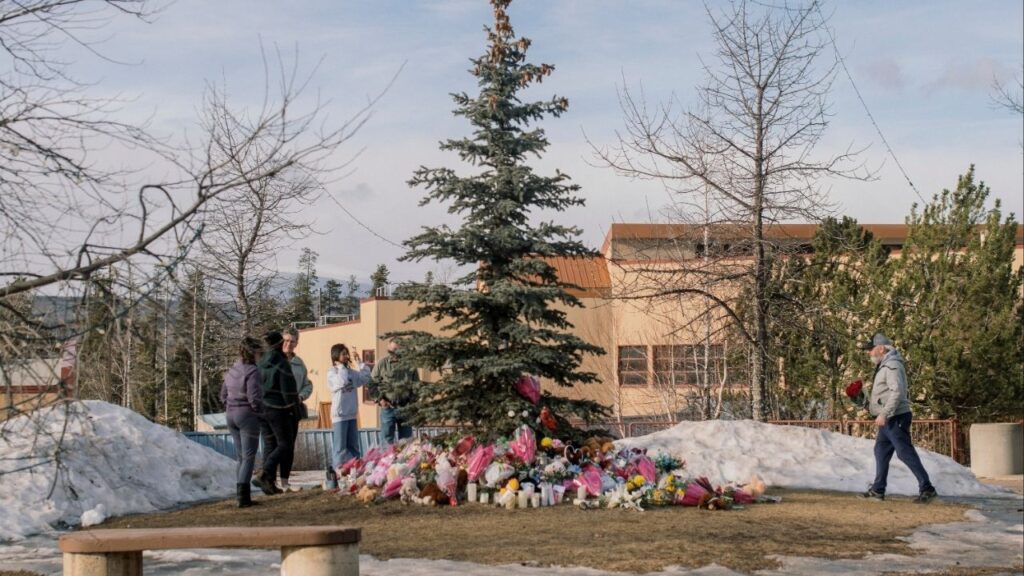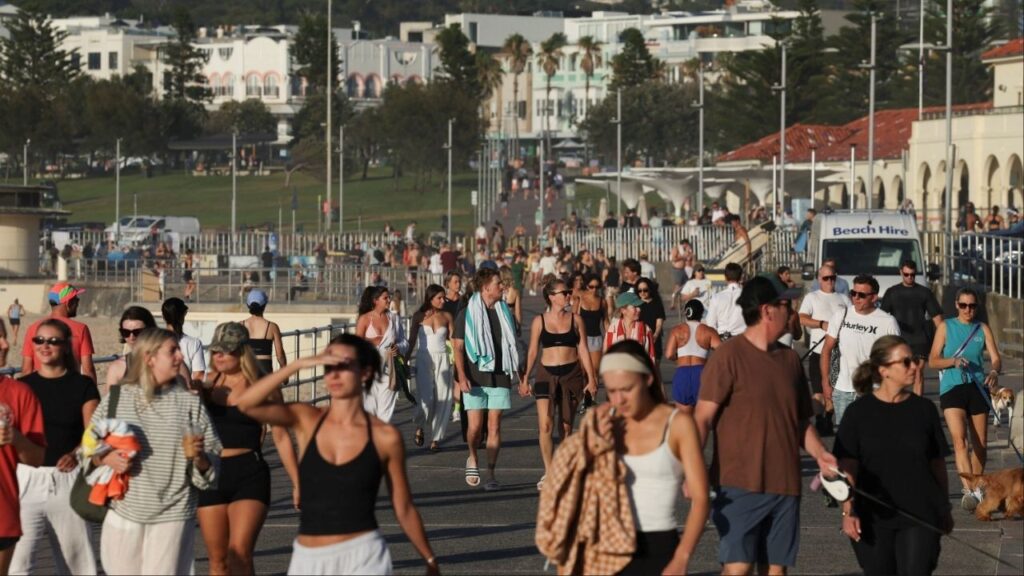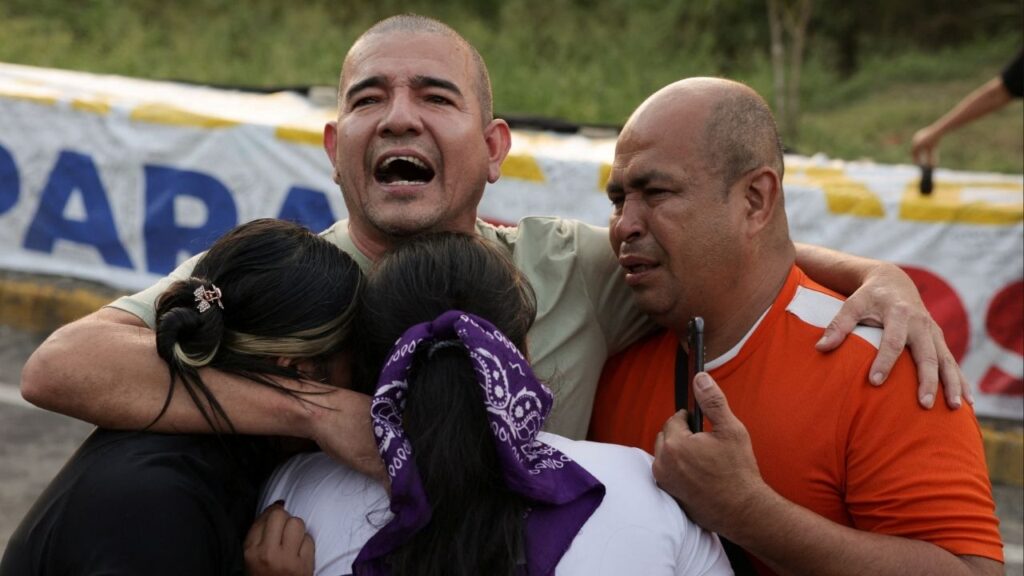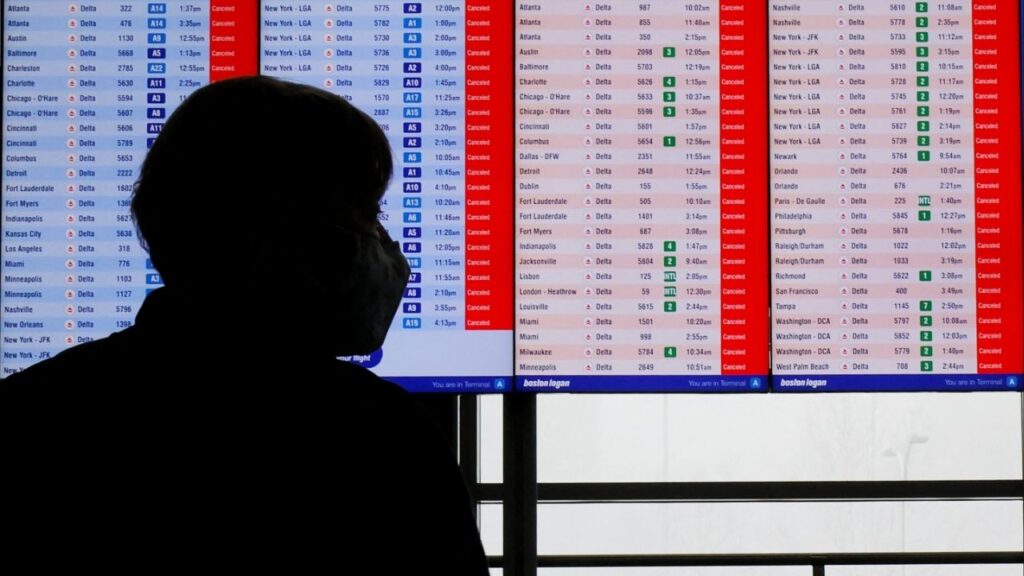Share
CIUDAD JUAREZ, Mexico — With a go-ahead from the U.S. Supreme Court, the Trump administration Thursday began enforcing a radical new rule that would deny asylum to nearly all migrants arriving at the southern border — a move that spread despair among those fleeing poverty and violence in their homelands.
The new policy would deny asylum to anyone at the U.S.-Mexico border who passes through another country on the way to the U.S. without first seeking asylum there. Late Wednesday, the Supreme Court cleared the way for the administration to enforce it while legal challenges move forward.
Migrants who make their way to the U.S. overland from places like Honduras, Guatemala and El Salvador would be largely ineligible for asylum, along with people from Africa, Asia and South America who try to get in by way of the U.S.-Mexican border.
“Our Supreme Court is sentencing people to death. There are no safeguards, no institutions to stop this cruelty,” the immigration-assistance group Al Otro Lado said in a statement.
The Mexican government likewise called the high court’s action “astonishing.” The effects of the new policy could fall heavily on Mexico, leaving the country with tens of thousands of poor and desperate migrants with no hope of getting into the U.S.
Acting U.S. Customs and Border Protection Commissioner Mark Morgan called the Supreme Court’s go-ahead a “big victory” in the Trump administration’s attempt to curb the flow of migrants.
‘I Did This so I Didn’t Lose My Life’
In Tijuana, Dunea Romero, a 31-year-old Honduran woman, started to tear up at the thought of not being allowed to take refuge in the U.S. She said she packed a bag and fled her homeland with her two boys, ages 7 and 11, after hearing that her ex-husband, a powerful gang leader, was going to have her killed.
“I did this so I didn’t lose my life,” she said. “I didn’t want to leave my sons without a mother.”
A Nicaraguan who has been waiting in Ciudad Juarez to request asylum in the U.S. could be among those who would be affected. He said he fled his home country after running afoul of the Nicaraguan government with many acts of civil disobedience.
He passed through Honduras on his way to the border, meaning he would have to return to that violence-ridden country under the new rule. He asked that his name not be used because a past news report quoting him led to retaliation against relatives in Nicaragua.
“The president of Nicaragua is friends with the president of Honduras, and what the Honduran president could do is send all of the Nicaraguans back to their country,” he said. “And me, setting foot in Nicaragua again, what could happen to me is I could get locked up, be detained, and processed in Nicaragua for the crimes that they accuse me of — terrorism and high treason against the government of Nicaragua.”
In Tijuana, Ngoh Elliot Takere of Cameroon stood only steps from the U.S. and felt overwhelmed by frustration after learning that he could be blocked from getting in. He has been waiting for two months in Mexico for his number to be called so he can submit a request for asylum in the U.S.
The 28-year-old furniture maker said he left his war-torn African homeland after being jailed by police for being part of the English-speaking minority. He was released on the condition that he leave the country or be killed, he said.
The New Rule on Asylum Represents a Shift in Decades of U.S. Policy
He said the military burned his family’s home, killing his mother.
As for the possibility of being turned away by the United States, Takere said: “I can’t think of that.”
An estimated 45,000 migrants who have been turned back by the U.S. government and forced to wait out their asylum requests on the Mexican side of the border under yet another new, more stringent Trump administration policy.
The new rule on asylum represents a shift in decades of U.S. policy.
Asylum seekers must pass an initial screening called a “credible fear” interview, a hurdle that a vast majority clear. Under the new policy, they would fail the test unless they sought asylum in at least one country they traveled through and were denied. They would be placed in fast-track deportation proceedings and flown to their home countries at U.S. expense.
Morgan said the Trump administration is “doing everything that they can” to address what he described as the crisis on the border.
Migrants with valid claims “should be seeking help and asylum from the first country they come in contact with,” Morgan said Thursday on Fox News. “They shouldn’t be paying the cartels thousands of dollars and risking their lives to take a 1,000-mile journey across several countries to get help.”
Categories



















